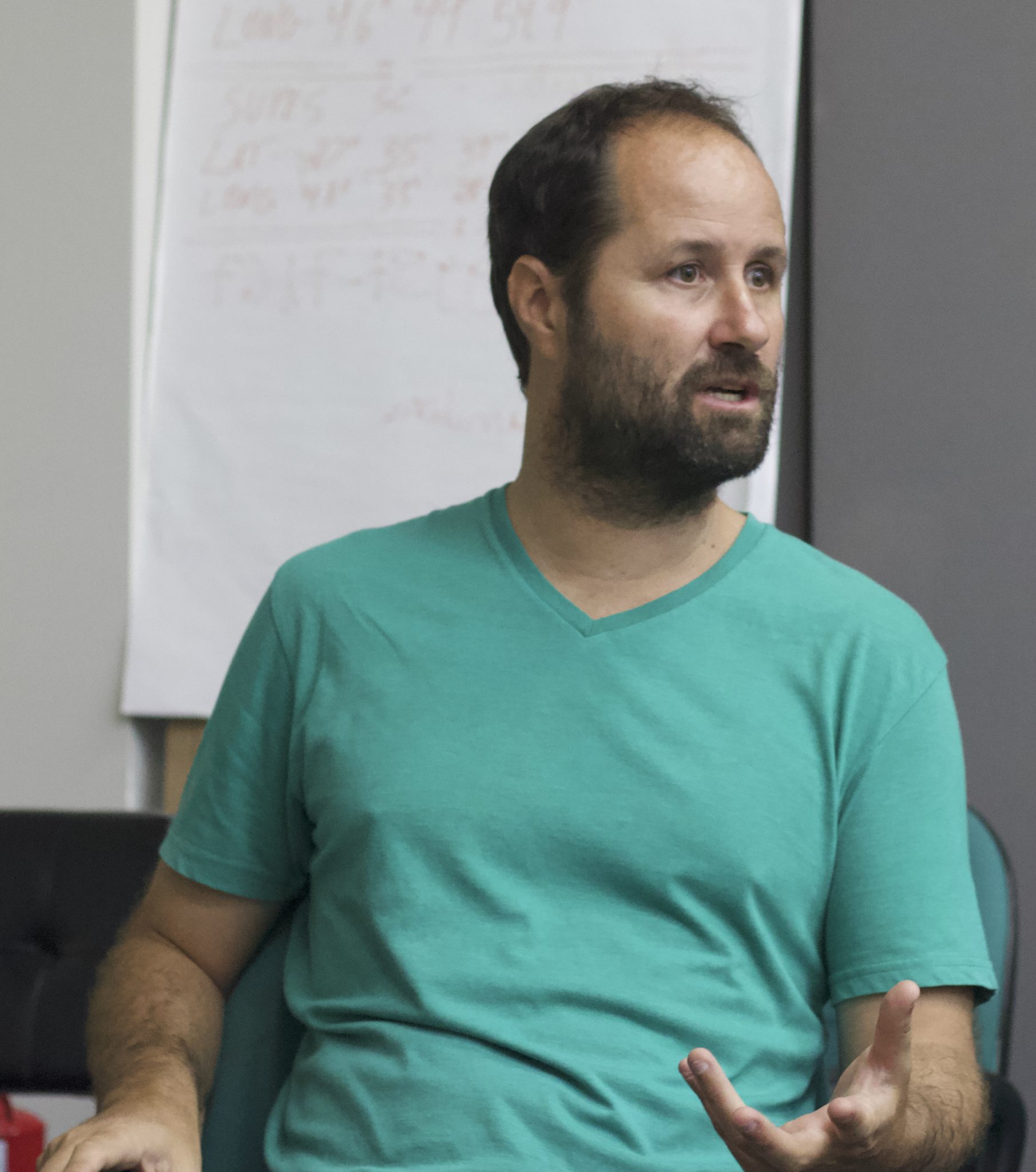
Country: Brazil
Dr. Rodrigo Pereira Medeiros is an Adjunct Professor at the Center for Marine Studies (CEM) at the Federal University of Paraná, Brazil. He holds an Honors Bachelor's degree in Oceanography from UNIVALI (University of Vale do Itajaí) in Santa Catarina, Brazil, a Master's degree in Ecology from UNICAMP (State University of Campinas), São Paulo, Brazil, and Doctoral degree in Political Sociology from UFSC (Federal University of Santa Catarina), Santa Catarina.
Rodrigo developed his career working with small-scale fisheries, focusing mainly on fishing strategies, technologies, ethnoecology, and socioeconomics. More recently, he has also focused on the performance of marine protected areas and fisheries governance. Rodrigo prioritizes projects that combine research and outreach actions, in which methodology is based on participatory research oriented to action. More specifically, he focuses on answering not only scientific questions but also management questions – to support management decisions. Rodrigo leads the SocMon Brazil, one of the seven regions of the SocMon Global, an initiative for participatory monitoring of human and ecological dimensions at a local level in support of adaptive management. He is also responsible for one of the pilot sites of the FAO/GEF project Sustainable Management of Bycatch in Latin America and Caribbean Trawl Fisheries (REBYC-II LAC).
Rodrigo is the head of the Group for Studies on Fisheries Systems and Marine Protected Areas (NESPAMP), with twelve Undergraduate, Master and Doctoral students who explore topics such as i) human dimensions of marine protected areas and small-scale fisheries; ii) ecosystem stewardship and strategies for reducing bycatch in small-scale trawlers; iii) institutional performance and social-ecological resilience in the creation and management of marine protected areas; iv) role of gender in diversifying fishing strategies and fostering resilient fisheries; and v) social-ecological resilience of small-scale lagoon systems.
1. What are you currently working on within the context of SSF?
At the moment, I am working on two international projects in support of fisheries and marine protected areas management in Brazil. First, from the SocMon project we are exploring how human dimensions affect the performance of marine protected areas and fisheries management. Based on that information, we are supporting management agencies in foster more inclusive and context-based management strategies. In REBYC – II LAC, we are using participatory research to motivate small-scale trawlers to use bycatch reduction strategies and assessing the social and ecological impacts this shifting technologies and strategies.
2. If you could single out one or two most significant factors for securing sustainability of SSF, what would these factors be?
1) Fostering resilient ecosystems to provide livelihood sustainability; 2) Provide a proper institutional environment for a more inclusive decision-making process in fisheries management, taking into consideration the human dimensions in small-scale fisheries.















